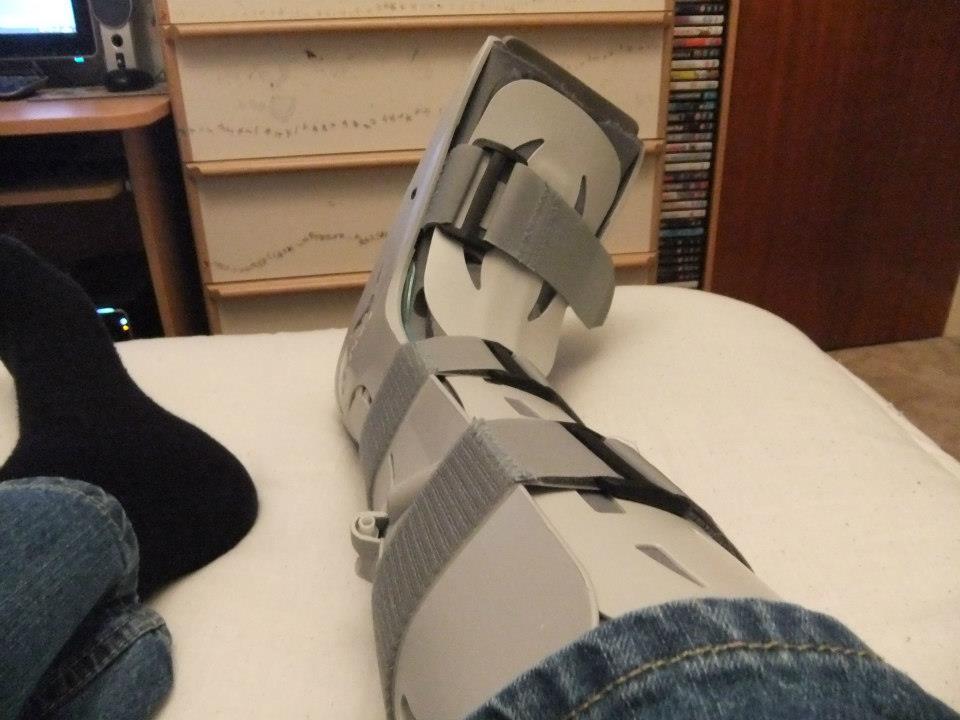After an accident or after surgery, you usually need help getting your mobility back. The person who helps you through your physical rehabilitation is a physiotherapist. Physiotherapists need to speak the language of their patients. Here’s a glossary to help you learn the vocabulary associated with this field of study.

Glossary
- alternative medicine
- Alternative medicine is any practice that is put forward as having the healing effects of medicine but is not based on evidence gathered using the scientific method
- appointment
- An arrangement to meet someone at a particular time and place.
- Biomechanics
- The study of the structure and function of biological systems such as humans, animals, plants, organs, and cells by means of the methods of mechanics
- blood pressure
- the pressure exerted by circulating blood upon the walls of blood vessels, and is one of the principal vital signs.
- Bodybuilding
- The use of progressive resistance exercise to control and develop one’s musculature
- cardiovascular disease
- A class of diseases that involve the heart, the blood vessels (arteries, capillaries, and veins) or both
- care
- Attentive assistance or treatment to those in need
- functional disorder
- A functional disorder is a medical condition that impairs the normal function of a bodily process, but where every part of the body looks completely normal under examination, dissection or even under a microscope.
- health
- The level of functional or metabolic efficiency of a living organism
- health care
- Health care (or healthcare) is the diagnosis, treatment, and prevention of disease, illness, injury, and other physical and mental impairments in humans.
- heart rate
- Heart rate refers to the speed of the heartbeat, specifically the number of heartbeats per unit of time
- kinesiology
- The study of the mechanics of body movements.
- lifestyle
- A way of life or style of living that reflects the attitudes and values of a person or group
- metabolic adaptation
- The process by which the body alters how efficient it is at turning the food you eat into energy.
- motor skills
- A motor skill is an intentional movement involving a motor or muscular component, that must be learned and voluntarily produced to proficiently perform a specific goal or complete a task
- neurophysiology
- A branch of physiology and neuroscience that is concerned with the study of the functioning of the nervous system.
- physical activity
- Any bodily movement produced by skeletal muscles that requires energy expenditure.
- physiotherapist
- A therapist who treats injury or dysfunction with exercises and other physical treatments of the disorder
- science of movement
- The act or an instance of moving; a change in place or position
- sensory integration
- The neurological process that organizes sensation from one’s own body and the environment, thus making it possible to use the body effectively within the environment.
- training program
- The acquisition of knowledge, skills, and competencies as a result of the teaching of vocational or practical skills and knowledge that relate to specific useful competencies
